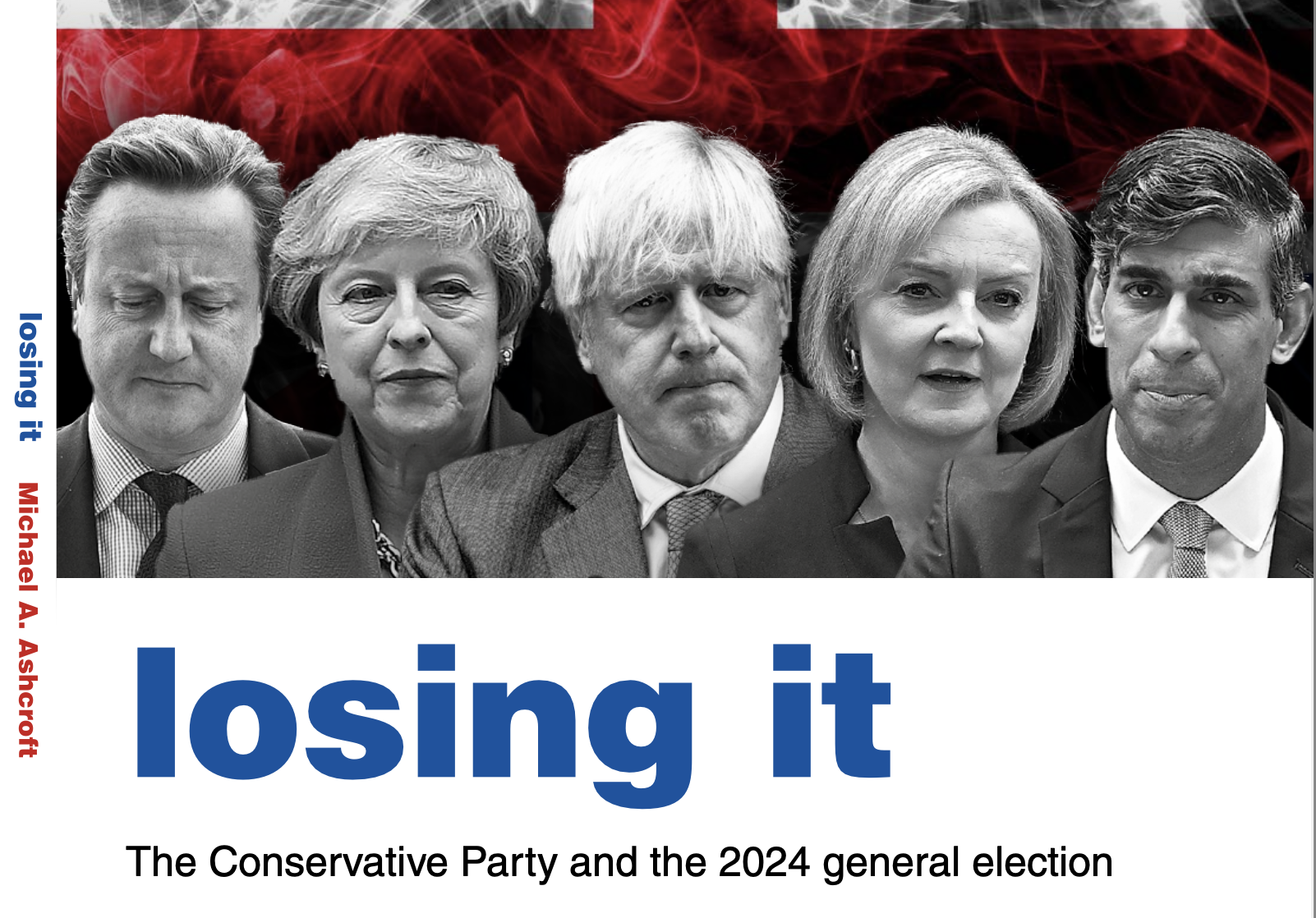
This article first appeared in the Mail on Sunday.
Imagine an energetic new prime minister taking office at a time of huge domestic and international pressure. Many like his calm, businesslike approach to tackling the nation’s ills – the result of seismic global events and his predecessors’ blunders – and are willing to give him time to get to grips with them. After all, he has a whole parliament in which to sort things out.
This would be a fair description of Rishi Sunak’s situation were it not for some rather crucial details: that he doesn’t have a whole term to impress the voters, but something over a year; and that the four predecessors whom voters largely blame for the state of the country were all from his party. In that sense, Sunak faces a race against time, on two fronts. One is the months he has left to turn things around and show that Britain is on the right track; the other is the 13 years of Conservative-led government that voters are considering as the next election approaches.
In my latest research we found a good deal of sympathy for Sunak’s predicament, in the sense that the problems he faces are not of his making. But as people were only too ready to point out, just because something isn’t the government’s fault doesn’t mean it isn’t its responsibility to solve. The cost of living still tops the list of voters’ concerns, but with an added twist of resentment as people start to see covid and Ukraine as an excuse, not a reason, for high and rising prices. I found people saying Labour would do a better job on nearly all policy areas, including traditionally Tory concerns like crime and immigration, with net migration and apparently slow progress on dealing with small boats continuing to damage the government.
As I noted in Going for Broke, my biography of Sunak, which I am currently updating, many see him as a diligent and committed politician doing his best to tackle things in a professional manner (though red wall voters in particular continue to see his wealth as a barrier to understanding their concerns: “there’s first-class rich and then there’s private-jet rich”, as one put it). They also welcome a degree of stability and calm after the political rollercoaster of the Johnson-Truss years. But in the five areas which Sunak defines as his tests for 2023 – cutting inflation, getting the economy growing, stopping the boats, shrinking the debt and cutting NHS waiting lists – only a minority of 2019 Tories (let alone voters as a whole) think much progress has been made so far.
Given time (that again!), some can see him taking effective action in all these areas. But they also see him having to cope with the seemingly unending parade of scandal and division that many think denotes a government past its sell-by date.
And this is the second race against time. The Conservatives have now been in office for longer than Tony Blair and Gordon Brown combined. When we asked former Tory voters what they would put in the credit column for those 13 years, they mentioned furlough, the vaccine rollout, low interest rates and unemployment and, after some head-scratching, supporting Ukraine, and getting through covid. They found the debit column easier to fill: long NHS waiting lists, struggling public services, rising migration (legal and otherwise), higher taxes, growing debt, and the erosion of trust in government, whether due to lockdown breaches or the perceived failure to deliver on promises. Brexit – or at least the apparent absence of benefits from it – was more likely to appear on the negative side of the ledger. Not that all voters necessarily look at things this way. “I’m not sure we’re looking for monumental achievements,” one woman told us. “We’re just looking for them to steer the ship and not cock it up.” An authentically Tory sentiment – but how many will conclude the party has cleared even that low hurdle?
For all these reasons, Labour will try to make the next election a referendum on the Tory years – not least because voters remain largely underwhelmed by what the opposition has to offer. The fact that many see Keir Starmer as sensible, competent and professional already puts him in a different league from his own predecessor, and his party has had some success in persuading voters that they are in touch with their concerns. But despite their poll leads, Labour are not exactly taking the nation by storm. Less flattering descriptions of Starmer included “soft”, “petulant” and “a bit of a wet fish”. A Labour government would face the same problems as this one, some note, but with no more money to spend and – as far as people can tell – no very firm plans to speak of.
When Sunak took over last autumn, the remarkable voting coalition that had given the Tories an 80-seat majority had scattered, and Conservative support was down to its core. In seven months, he has managed to win some former voters back, and persuaded others to suspend judgment for a while longer. But this has mostly been in traditional Tory territory – in former Labour heartlands captured by Boris Johnson, where people feel they have little to show from Brexit or the promised “levelling up”, and where the loss of trust over partygate was felt most acutely, many have decided that the Conservatives never really had their interests at heart.
Keeping the 2019 coalition together was always going to be a struggle in the absence of the factors that made it possible – the desire to “get Brexit done”, the imperative of keeping Jeremy Corbyn out of Downing Street, and the emergence of a leader whose unique appeal transcended politics. On top of this, voters will be asking themselves whether they are better off than they were when David Cameron first stepped into Number 10, and whether the Tories have the energy, vision and discipline to put the country back on its feet. You could say that Sunak’s achievement is to get people to focus less on who is leading the country and more on the problems it faces.


